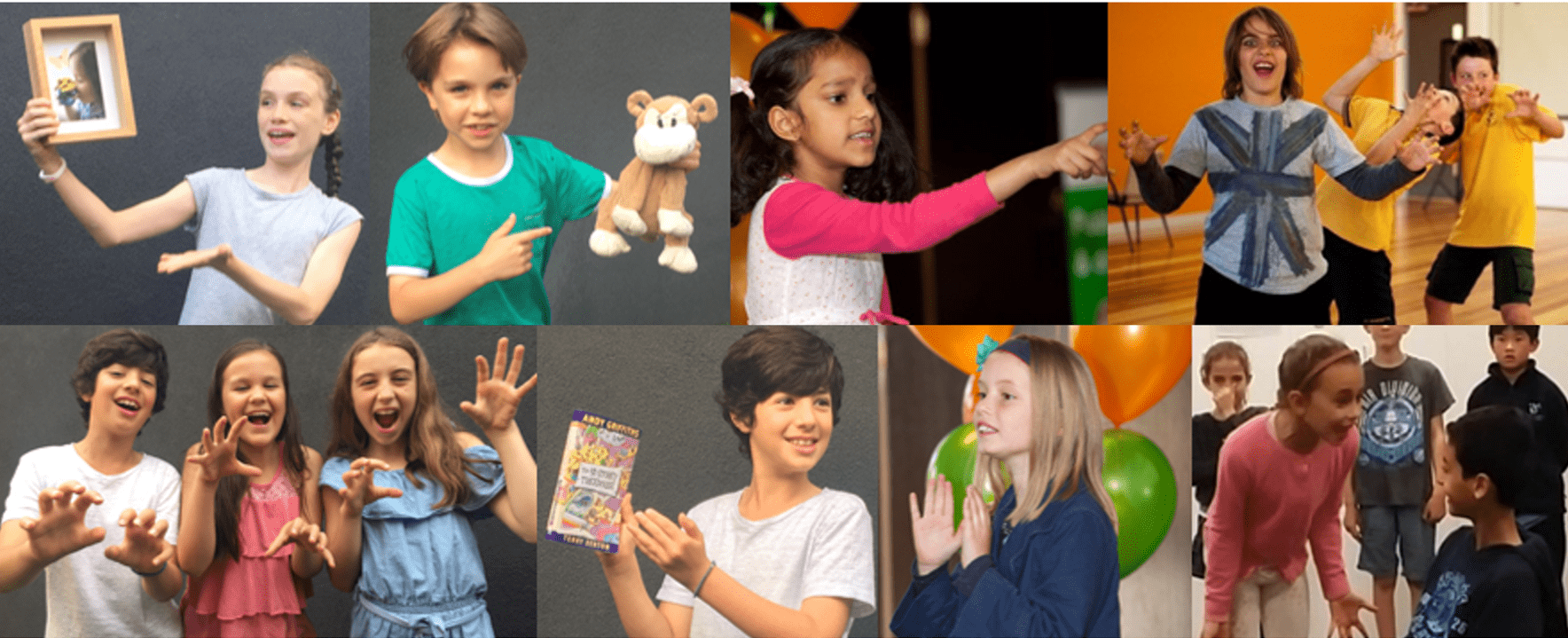When preparing a speech, many people dive straight into writing. However, dedicating more time to upfront brainstorming and research can transform a good speech into a captivating and engaging one. In this blog post, we explore how children can effectively research for a speech and provide tips on evaluating information.
Research plays a pivotal role in preparing any speech, especially for children. It opens up their knowledge and perspective on a given topic. During the research stage, children gather and evaluate information, develop a clear and compelling main idea (thesis), and learn to support their arguments with evidence and examples.
To Research for a Speech:
- Choose an Intriguing and Audience-Appropriate Topic: Encourage your child to think about their passions. This makes the research process more engaging and motivating. We delve deeper into selecting an excellent topic for a child’s school speech in another post. We take a deeper look into how to select a great topic for a child’s school speech here.
- List the Key Points: After selecting a topic, create a list of the main points to cover in the speech. This will guide your research and ensure all essential information is included.
- Source Information from Various Reliable Sources: Access information from books, websites, search engines, YouTube documentaries, libraries, interviews, personal observations, experiments, and by consulting experts on the topic.
- Evaluate Information for Relevance, Accuracy, and Credibility: Help your child identify the most reliable sources for their speech. Always acknowledge the sources used in the speech to give credit to the authors and demonstrate thorough research.
Tips for Evaluating Information for a Speech:
- Cross-Check the Source:Verify if the information comes from reputable and credible individuals or organisations.
- Consider Time and Date: Ensure the information is current and relevant to both the topic and the audience.
- Seek Supporting Evidence and Examples: Reliable information should contain evidence to support its claims or arguments.
- Be Critical: Encourage your child not to accept information at face value. Remind them that not everything on the internet is trustworthy. Look for potential biases, conflicting information, and always verify accuracy.
- Consider Relevance: Ensure the information is not only relevant to the topic but also beneficial to the audience.
Effective research is the cornerstone of delivering an engaging and informative speech, especially for children. By investing time in brainstorming, selecting an intriguing topic, and evaluating sources for credibility, we pave the way for speeches that captivate audiences. The journey from research to presentation is an opportunity for growth, learning, and effective communication. Encourage curiosity, critical thinking, and a commitment to quality research, and you’ll help your child transform their ideas into captivating speeches that leave a lasting impact.
At Super Speak, our award winning program teaches children aged 6-14 public speaking & presentation skills. Our fun learning program incorporates both public speaking & drama to ensure our students gain broader learning outcomes to help them in and out of the classroom. We have a teaching team with unmatched experienced and the most comprehensive curriculum in Australia. We teach our classes in a style that is fun, supportive & high energy! Our students learn to be more confident & capable public speakers & everyday communicators for life. Check out Super Speak Public Speaking Program here and join over 65,000 other children who have trusted Super Speak since 2006.


